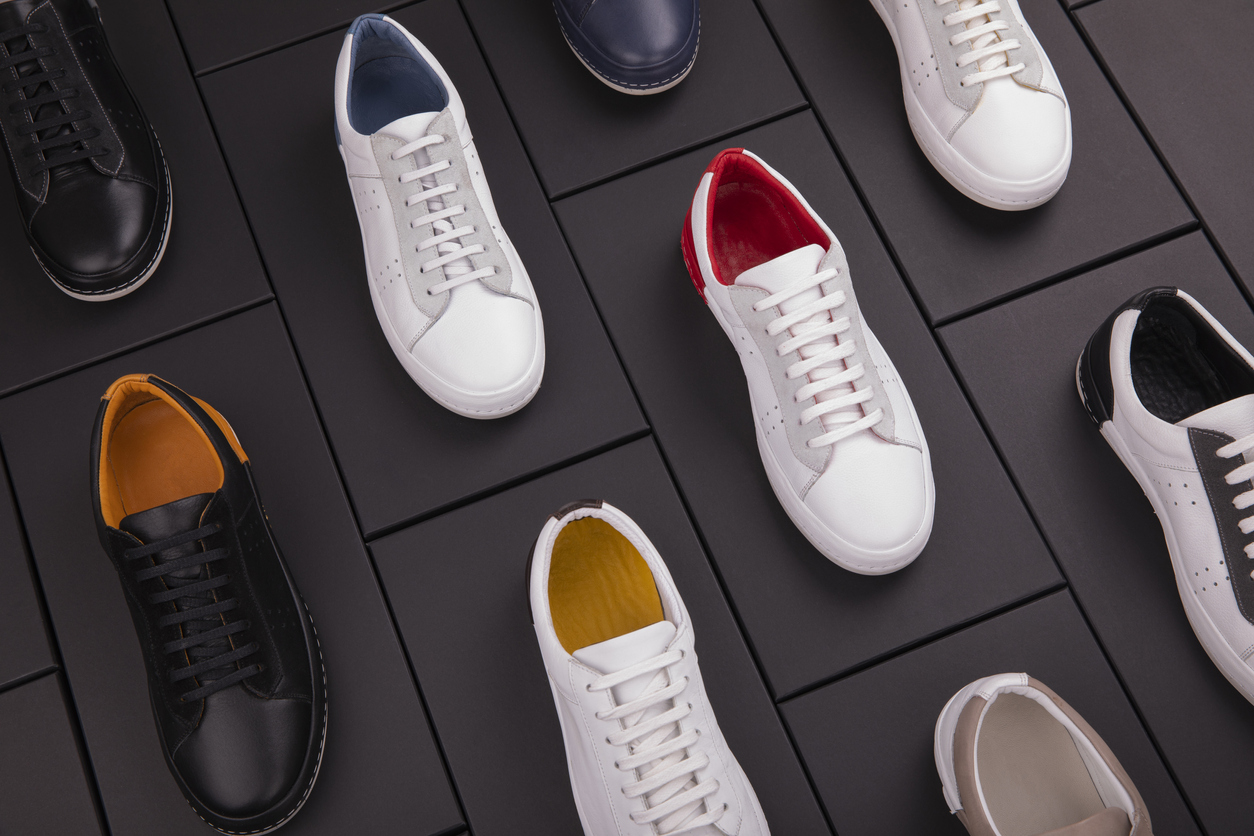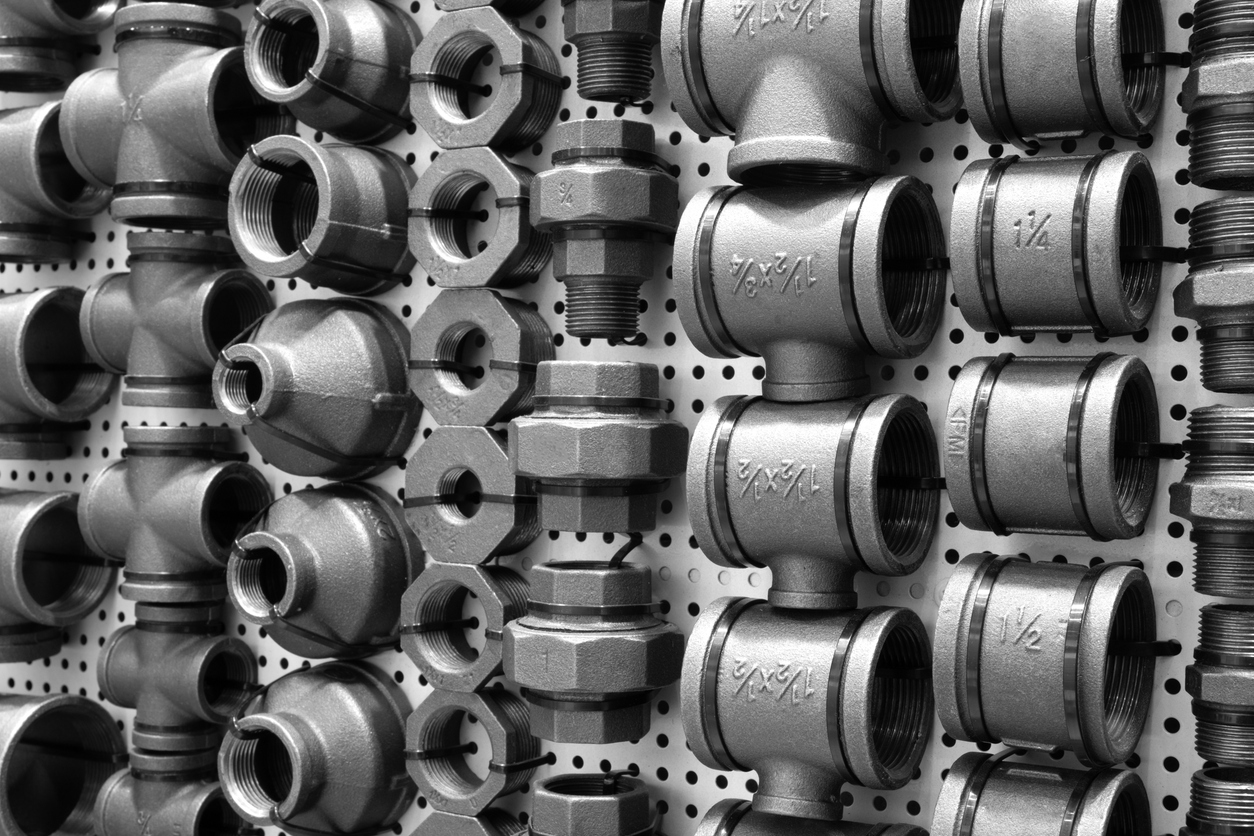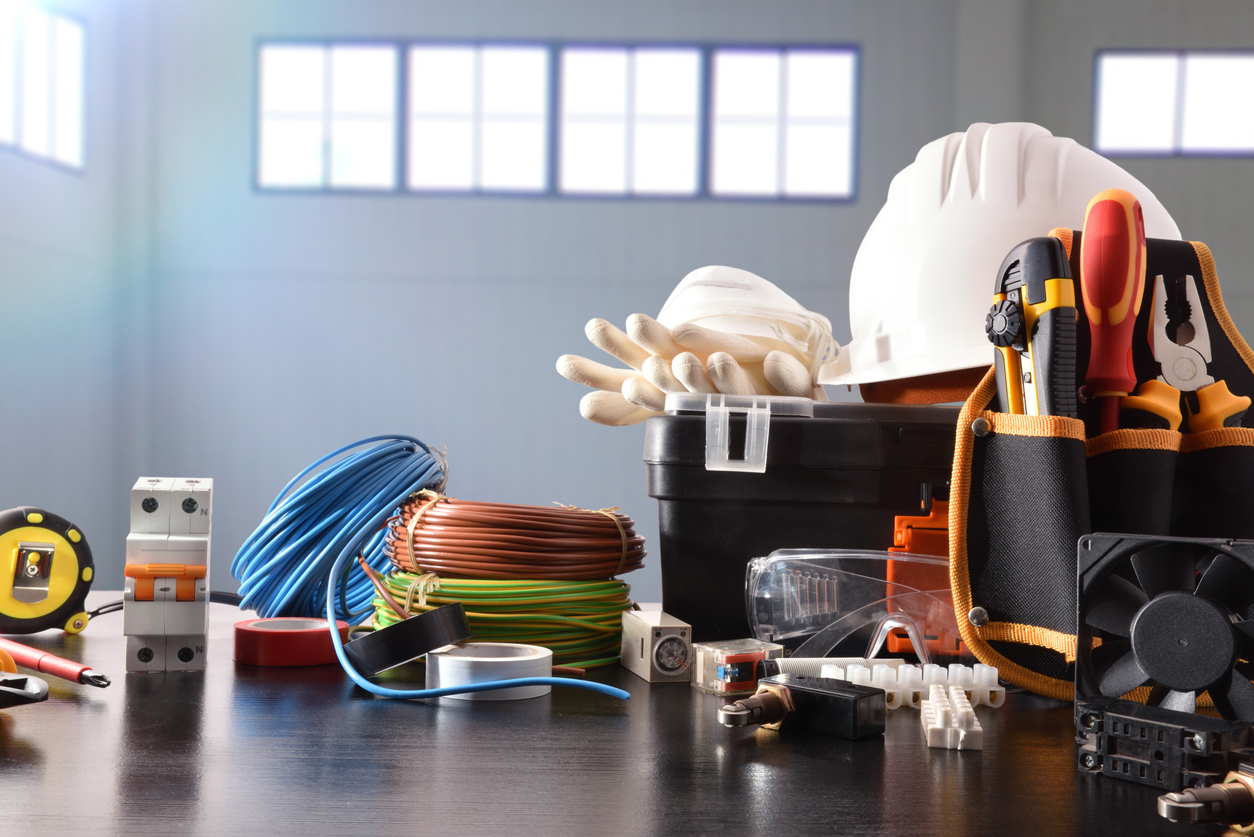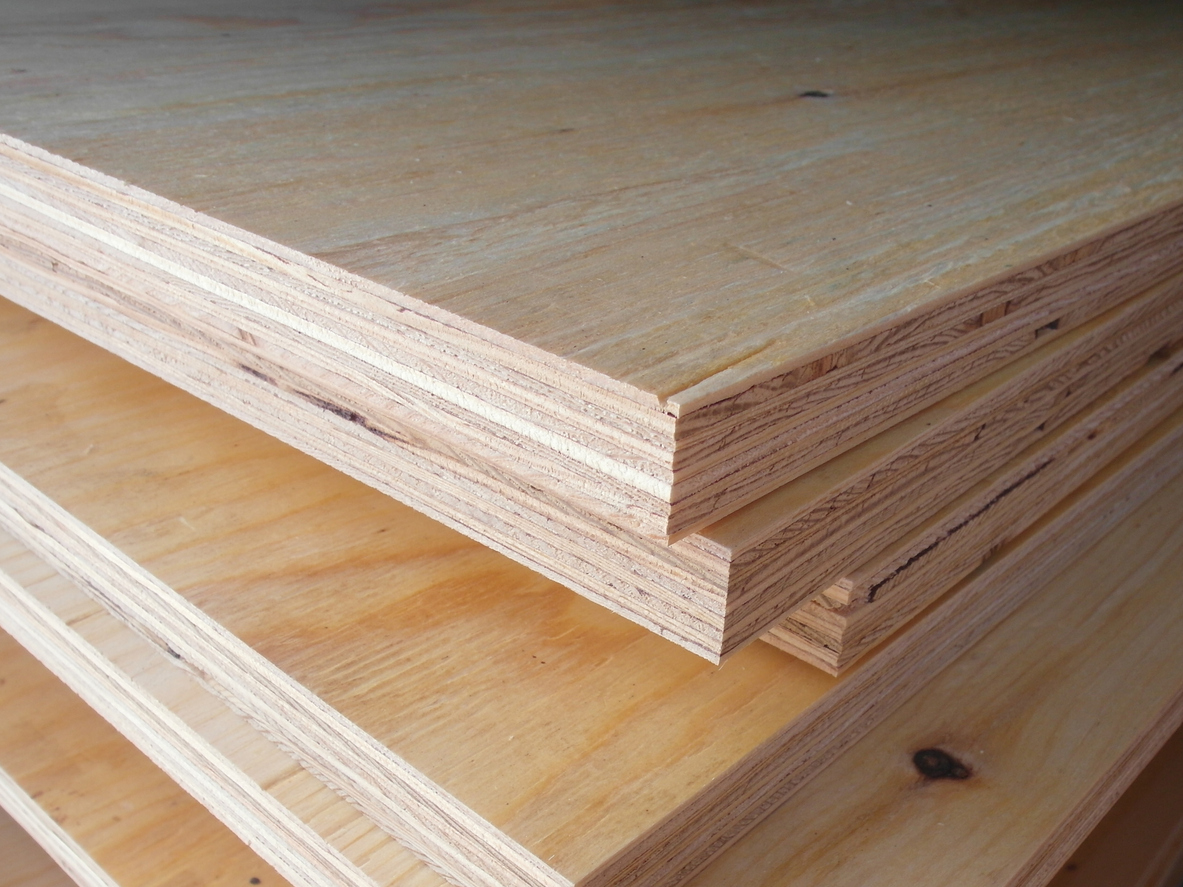How to Import Rubber Footwear into Nigeria
How to Import Rubber Footwear into Nigeria
Nigeria is a growing market. The population of about 186 million people is the largest in Africa and one of the fastest-growing populations on earth. The country’s rapid economic growth has been slowing down, but it continues to expand due to a large young population. Nigeria imports goods from all over the world, but there are some goods that are expensive or not available locally. One such good is rubber footwear, and this guide will teach you how to import rubber footwear into Nigeria.
Introduction
If you own a shoe company and your customers want rubber footwear, then it’s time to learn how to import rubber footwear. Rubber footwear in Nigeria is expensive and hard to find, but importing rubber footwear is an easy way for you to offer your product at a lower price.
This guide will show you the steps to take in order to import rubber footwear into Nigeria. Keep reading!
How to find the right supplier
As with any business, the most important thing when you want to import rubber footwear is to find a reliable supplier. When looking for a supplier, there are a few things you should keep in mind:
-Know what kind of product you want to import (rubber footwear)
-Try to find suppliers who can offer competitive prices and quality
-Find someone trustworthy who will be able to ship your products on time
-Look for someone who has experience importing similar products into Nigeria
Get all the permits you need
To import goods into Nigeria, you need to get permission from the Nigerian National Agency for Food and Drug Administration and Control (NAFDAC).
Goods like rubber footwear must be approved by NAFAC before they can be imported. You’ll need to apply for a permit that allows the import of rubber footwear. Once you have this permit, the items will be able to enter Nigeria duty-free.
Once you’ve obtained a permit from NAFAC, you’ll also need a license from the Central Bank of Nigeria. This license will allow you to pay for your goods in foreign currency without being penalized with an exchange fee.
Finally, if your merchandise is perishable or hazardous in any way, you may also need a certificate from Lagos State Environmental Health Inspectorate Board (SEHIB). You’ll have to apply for this certificate at least 15 days before importing your goods into Nigeria.
Considerations when importing goods into Nigeria
Before you can import goods into Nigeria, you’ll need to meet the requirements of their importing laws. Below are a few considerations when importing rubber footwear:
– You will need to have a Nigerian importer’s license, which is available from the Imports and Exports Department of Nigeria Customs Service. You can contact them at info@customs.gov.ng for more information about obtaining a Nigerian importer’s license
– In terms of packaging, you must package your goods in accordance with the importation law of the country. Rubber footwear must be packaged in boxes that are not more than 8kg or less than 1kg.
– If you plan on importing a large amount of rubber footwear, make sure to register with customs before importing it
– Pay attention to the Nigerian trademark law and the copyright law when importing rubber sneakers because this can lead to your company being sued if anyone else owns a trademark for them in Nigeria
Getting started
The first thing you need to do in order to import rubber footwear into Nigeria is register your company in the Nigerian Trade and Investment Promotion Commission (NITAPC). You must fill out a form, called Form A, which includes the contact information for your business and the products that you’ll be importing. This form can be downloaded from NITAPC’s website.
Next, you’ll need to assemble a local Nigerian supplier. They will help you find a distributor or manufacturer of rubber footwear in Nigeria. You can find this information on NITAPC’s website by clicking on the “Find Local Supplier” tab and typing in your desired product category.
If you’re looking for a distributor, they will tell you who the local manufacturers are and their contact information. If you’re looking for a manufacturer, they’ll have all of their contact information available online so that you can contact them directly about your order. The more specific you are with what type of rubber footwear it is, the easier it will be for them to search for it!
Once you have selected an appropriate supplier, get in touch with them to confirm that you’re able to import their products into Nigeria before proceeding with the registration process at NITAPC.
Fill out the shipping documents
For rubber footwear imports to Nigeria, you’ll need to fill out these documents:
1. A commercial invoice 2. Commercial packing list 3. Bill of lading 4. Packing list 5. Quality certificate 6. Health certificate 7. Green tariff classification 8. Identification of goods 9. Environmental declaration 10. Statement on the safety of hazardous substances 11. Certificate of origin 12. Certificate of conformity 13. Certificate of analysis
The aforementioned documents are required by the Nigerian Customs Services for importing rubber footwear into the country, and each document is important in its own way for preventing delays at customs when your shipment arrives in Lagos, Nigeria’s largest city and port of entry for all international shipments to the country’s interior markets–except those coming from Cameroon or Chad via Benin Republic or Niger Republic respectively with which there are bilateral free trade agreements with Nigeria permitting unrestricted importation without need for any prior authorization from Customs authorities in this country unless there is a complaint about non-compliance with health regulations at point of entry to the country’s territory after which Customs will impose an inspection fee on imported items subject to such complaints irrespective of their value once they have been cleared by relevant authorities (Nigerian Standards Organisation (NSO) and National Agency for
Customs clearance procedures
Nigeria’s customs authorities are responsible for the clearance of goods imported into the country. Nigeria imports over $50 billion worth of goods every year, making it the sixth-largest trading nation in Africa.
Before you ship your rubber footwear to Nigeria, you’ll need to clear your shipment with customs. There are two types of customs clearance that allow imports into Nigeria: general import declaration and restricted import declaration. If you’re importing less than $30,000 worth of goods, you should use a general import declaration. Otherwise, you’ll need to use a restricted import declaration to bring your goods into the country.
If you’ve already made your purchase and need to file an import declaration, click here!
Shipping with an international carrier
Shipping your goods to Nigeria may seem like a daunting task, but it doesn’t need to be. Many international carriers can ship to Nigeria. Some of these carriers include FedEx, DHL, and UPS.
When you are in the process of shipping your goods to Nigeria, you will need to fill out an export declaration form in your country. The export declaration will outline what products are being shipped and how much they weigh. It will also list the details of the consignee (the person/company receiving) and any documents that are required by customs officials when importing into Nigeria.
Before shipping your goods overseas, you should check with the Nigerian Bureau of Standards (NBS) to make sure your products meet their standards before importation. The NBS website offers a searchable database for finding out which goods are allowed or restricted in Nigeria. You can also contact them directly for more information about importing rubber footwear into Nigeria.
What is the best way to ship my rubber footwear?
Rubber footwear is a good commodity for importing because it is not easily available and can be quite expensive. Rubber footwear importers should be aware of the following:
-Shipping Costs: Rubber footwear importers should know that shipping rates vary depending on weight, country of origin, and size. The more rubber footwear you are importing, the more you will save on shipping costs.
-Oversized Items: Those importing rubber footwear know that it is often considered an oversized item and needs to be labelled as such. Oversized items typically require a special customs declaration form with a specific code. These forms can often be found online or at your local customs office.
-Import Duties: If you import goods valued at over US$2,000 per shipment, they will need to pay import duties before they can clear customs in Nigeria.
-Customs Clearance: All those importing rubber duties have to clear their shipments with Nigerian Customs first before they can have them delivered to customers in Nigeria. There are three types of clearance that may need to be done:
1. Inward clearance – the importer clears the shipment with Nigerian Customs first before delivering it to the customer
2. Outward clearance – the importer delivers








LEAVE A COMMENT
You must be logged in to post a comment.